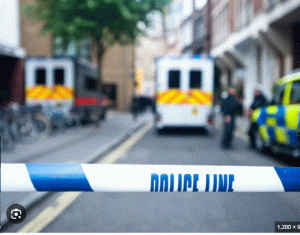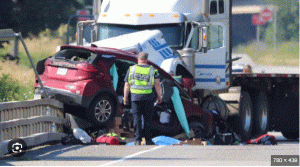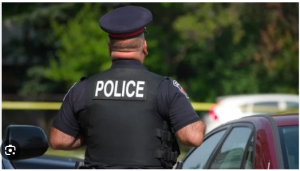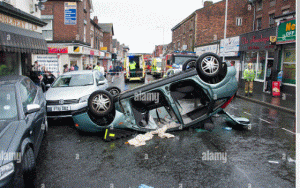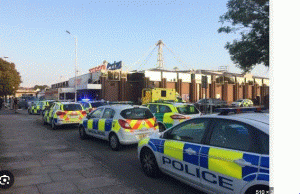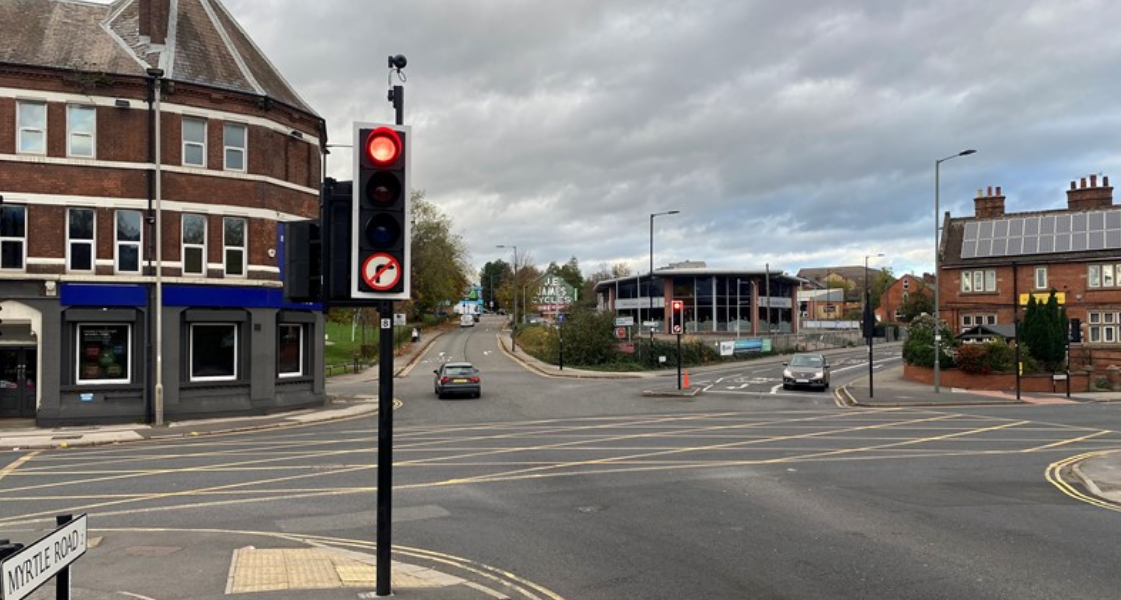
The city was given enforcement powers in January 2023 with the goal of improving road safety, encouraging more drivers to follow the law, and addressing traffic congestion. On March 13, the Waste and Street Scene Committee of the Council will review a fresh report and decide how to approve its application.
Sheffield will implement a revised Civil Parking and Bus Lane Enforcement Policy that includes moving traffic enforcement if it is approved.
Although the Council now possesses certain authority, such as the ability to enforce bus and tram gates, these additional authorities would be connected to “moving traffic offences.” These include driving through a “No Entry” sign, making forbidden turns (turning left or right), entering yellow box intersections where the exit is unclear, and operating a motor vehicle when and where it is forbidden.
After that, the revised suggestions would be implemented in advance of Automatic Number Plate Recognition (ANPR) cameras in order to assist in enforcing traffic violations at locations where all other deterrent measures have been exhausted and additional steps are still necessary.
According to the committee report, this would not only encourage increased compliance and better enforcement, even offenders who commit more violations, but it would also, and this is crucial, lead to:
increased levels of security and traffic
Reduced numbers of cars disobeying moving traffic laws
An improvement in the surrounding environment
The revised policy offers fresh details and recommendations on:
Government directives and national laws
The process of appeals that drivers have to go through in order to contest a moving traffic penalty charge notice (PCN)
An outline of the cancellation procedures that council employees will use in PCN appeals
In order to enforce the existing limits, the Transport, Regeneration, and Climate Policy Committee first proposed three different locations throughout the city last year.
There are existing rules in place for these areas, but they are frequently broken and can only be enforced by police officers. These locations will be subject to Council-mandated camera enforcement if the enforcement policy is approved. Despite the Council’s authority, enforcement cannot start until the Council decides on its enforcement strategy.
“We want to get Sheffield moving more smoothly and to do that we have to tackle congestion, which costs the UK economy over £20 billion per year,” stated Councillor Ben Miskell, Chair of Sheffield City Council’s Transport, Policy, and Climate Policy Committee. Congestion can cut into our time with loved ones and cause us to be late for work or appointments whether we are driving or using the bus. Everyone in the city will profit from our newfound ability to move more quickly and breathe cleaner air. Additionally, it enables us to contribute to the enhancement of bus services, which are crucial to a great deal of Sheffield citizens.
“The goal of the new policy is to improve road safety and congestion through better enforcement of existing traffic regulations,” stated Councillor Joe Otten, Chair of Sheffield City Council’s Waste and Street Scene Policy Committee. We are not out to get anyone here; the new enforcement locations will be widely announced, and first-time violators will be subject to warnings rather than fines for the first six months.
In order to enforce the existing limits, the Transport, Regeneration, and Climate Policy Committee first proposed three different locations throughout the city last year.


